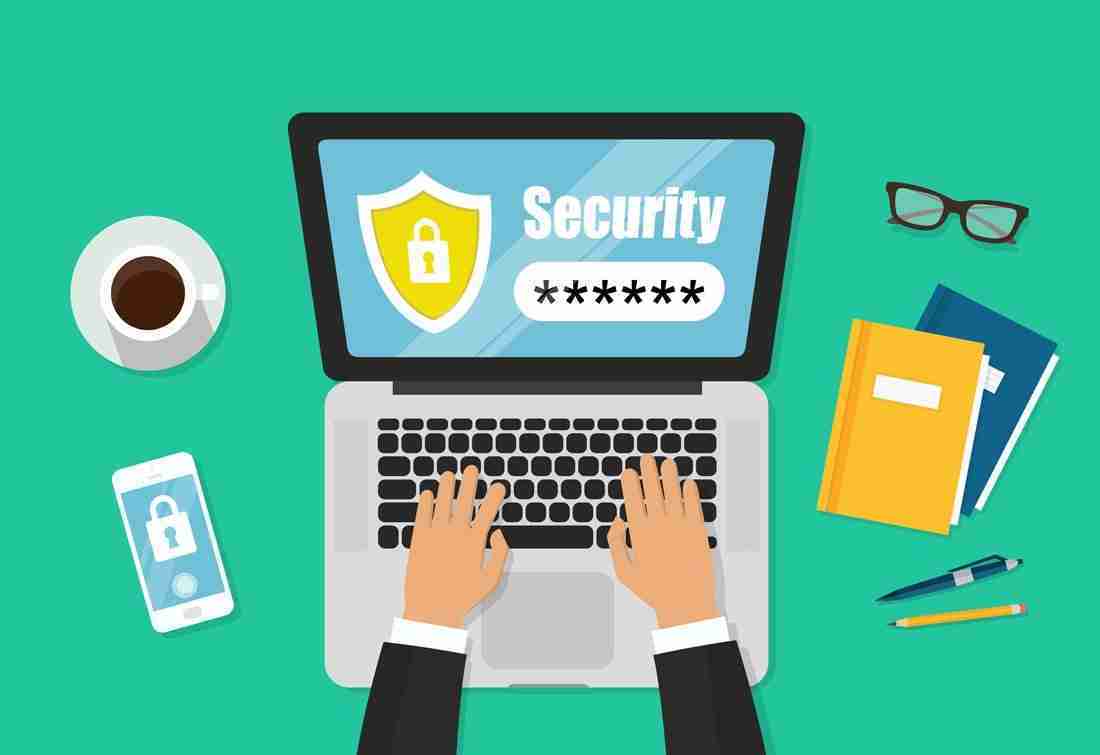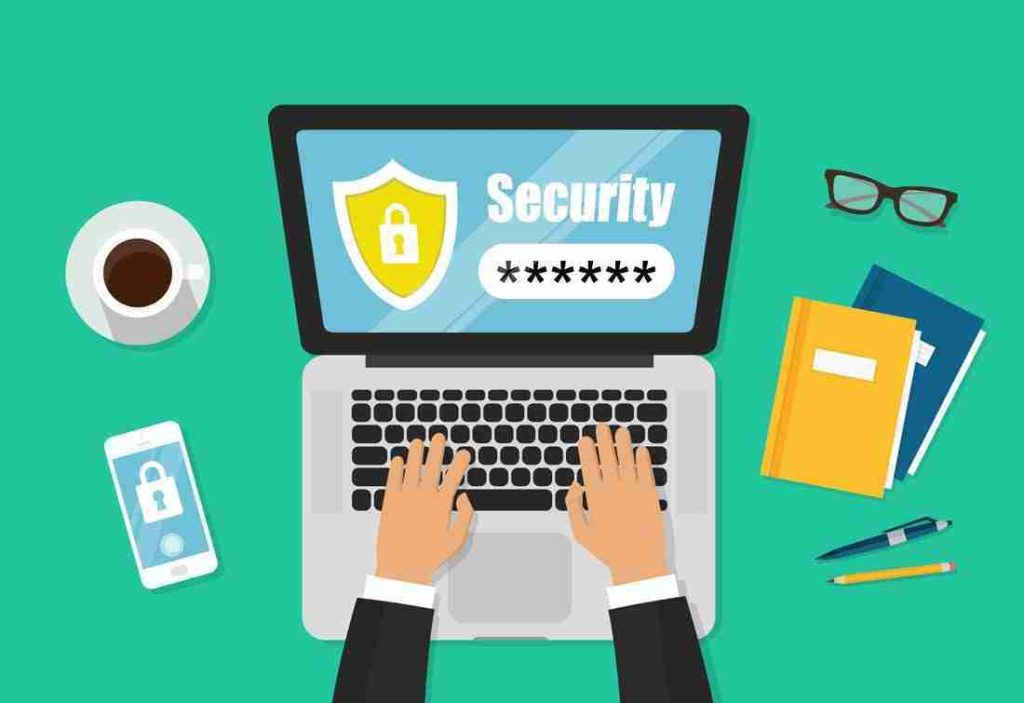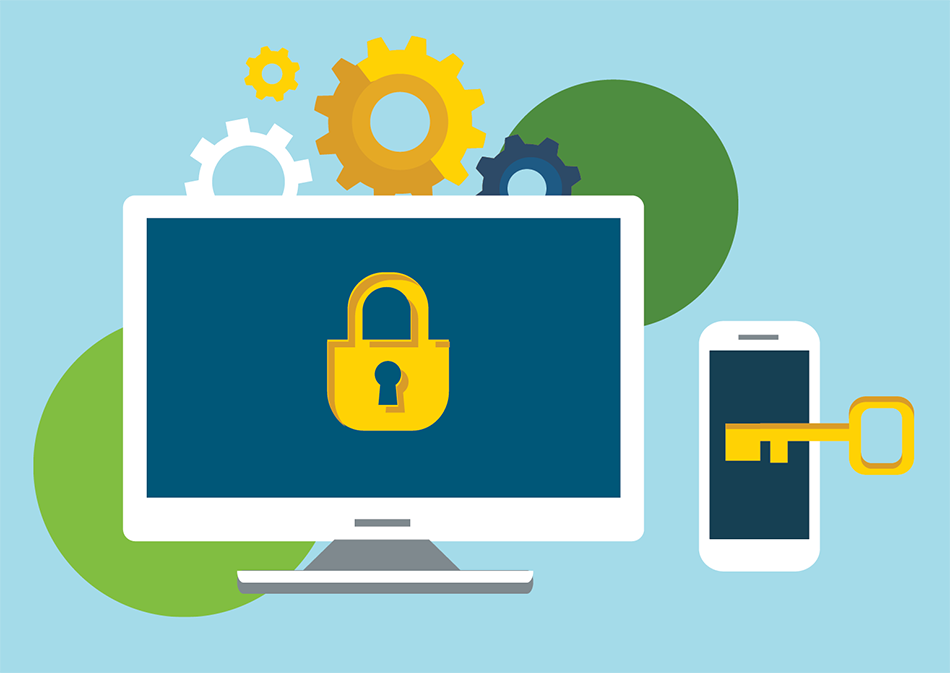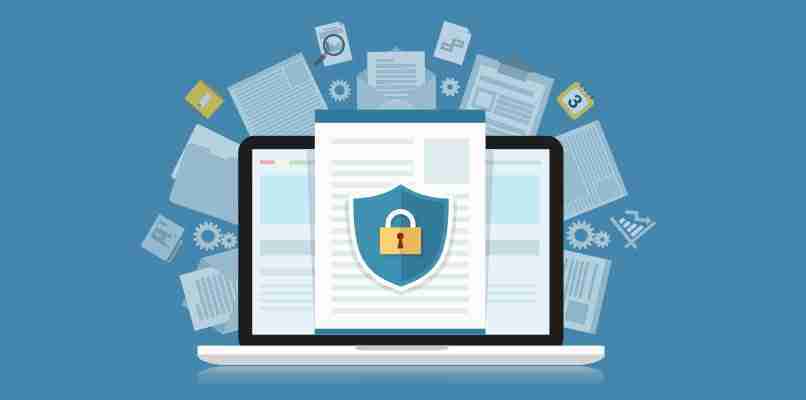KEEP IN TOUCH
Subscribe to our mailing list to get free tips on Data Protection and Cybersecurity updates weekly!







Sometimes the best methods to tackle any tasks are the simplest ones. You know that you need to keep your website protection from the bad guys, but once you venture down the rabbit hole of website vulnerabilities, you will be faced with complex concepts and convoluted solutions. Still, there are basic best practices to follow for improving your website protection. Here are eight essential things that you can do your website protection right now:
It is crucial to keep all platforms or scripts you’ve installed up-to-date. Hackers aggressively target security flaws in popular web software, and the programs need to be updated to patch security holes. It is important to maintain and update every software product you use.
It is important to use strong passwords. Hackers frequently utilize sophisticated software that use brute force to crack passwords. To protect against brute force, passwords should be complex, containing uppercase letters, lowercase letters, numerals, and special characters. Your passwords should be at least 10 characters long. This password policy should be maintained throughout your organization.
Use SSL encryption on your login pages. SSL allows sensitive information such as credit card numbers, social security numbers, and login credentials to be transmitted securely. Information entered on a page is encrypted so that it’s meaningless to any third party who might intercept it. This helps to prevent hackers from accessing your login credentials or other private data.
Choosing a secure and reputable web hosting company is very important to your website protection. Make sure the host you choose is aware of threats and devoted to keeping your website protection. Your host should also back up your data to a remote server and make it easy to restore in case your site is hacked. Choose a host who offers ongoing technical support whenever necessary.

Every database, application, or plugin on your website is another possible point of entry for hackers. You should delete any files, databases, or applications from your website that are no longer in use. It is also important to keep your file structure organized to keep track of changes and make it easier to delete old files.
Also read: How to Write an Effective Privacy Statement for Websites
Back up your site regularly. You should maintain backups of all of your website protection files in case your site becomes inaccessible or your data is lost. Your web host provider should provide backups of their own servers, but you should still backup your files regularly. Some content management programs have plugins or extensions that can automatically back up your site, and you should also be able to back up databases and content manually.

It is important to regularly perform web security scans to check for website and server vulnerabilities. Web security scans should be performed on a schedule and after any change or addition to your web components. There are a number of free tools on the Internet that you can use to measure how secure your website is. Those tools can be helpful for a brief review, but they won’t detect all the possible security flaws of your site. Having a professional perform security scans on your website will provide an in-depth review and explanation of the vulnerabilities on your website.
Developing a relationship with a firm that provides security services can be a lifesaver when it comes to protecting your website. While the small things can be taken care of on your own, there are many security measures that should be handled by an expert. Companies providing security services can regularly scan your website for vulnerabilities, perform full website security audits, monitor for malicious activity, and be on hand whenever repair is needed. You and your team must always be vigilant in protecting your website, and these practical tips represent only the most basic methods. Never stop seeking security protections for your website. Don’t let the bad guys win.
Also read: 9 Policies For Security Procedures Examples